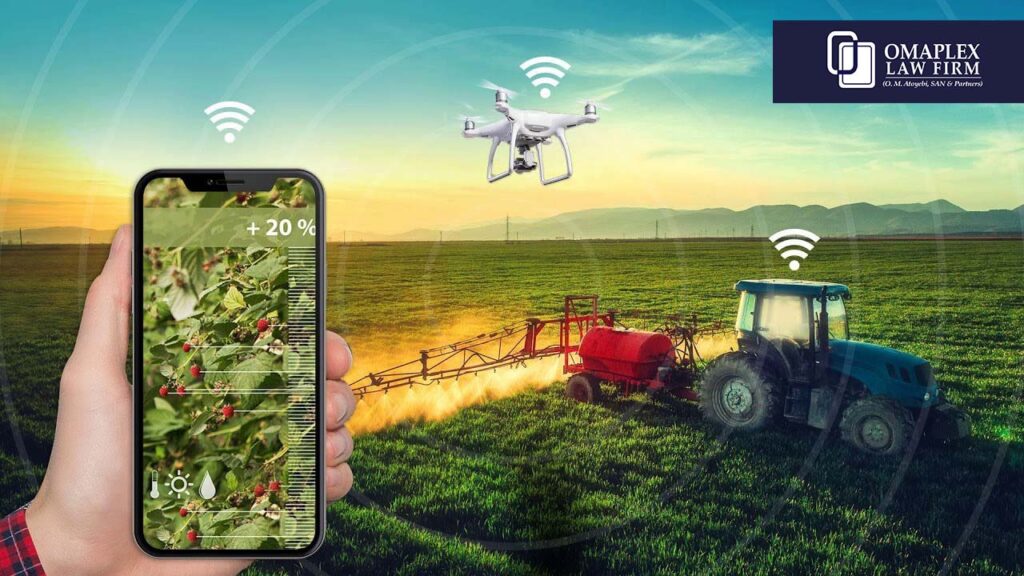In 2015, Tanzanian authorities revealed that between 2009 and 2014, as much as 67,000 elephants were lost to poaching activities in the country. To help in addressing the nation’s poaching problem, Bat hawk Recon, a Tanzanian start up, began deploying drones to help provide the much-needed surveillance for tracking and apprehending elephant poachers. Zipline, an American robotics company has successfully aided the Rwandan government to reduce maternal mortality by deploying its drones to transport blood donations to inaccessible parts of the country.
Similarly, The ThirdEye Project in Kenya currently helps farmers reach informed decisions on how best to optimally utilise water, fertilizer and labour on their farms by flying sensor-equipped drones capable of detecting farm areas where these scarce resources are most needed.
The above are just but a few instances of the numerous benefits obtainable from drone application to societal challenges in Africa. Naturally, it would be expected that the Nigerian government like its African counterparts would similarly deploy drone technology to address peculiar challenges. To the disappointment of many however, the Nigeria Civil Aviation Authority (NCAA), in May 2016, placed seemingly tight restrictions on the usage of drone technology in the country. It is the argument in some quarters that the restrictions placed by the government are well founded considering that drone technology regardless of its positive applications in bettering mankind, can also be deployed for destructive, immoral and debauched ends. For example, CNN reported in 2019 that domestic drones carelessly flown at an airport in Gatwick, England affected, the flights of over 100,000 passengers. Similarly, in what has been described as the ‘biggest drone conspiracy in history’ by British authorities, the BBC in 2018 reported the jailing of a 7-man gang following their conviction for using drones to transport drugs worth over £500,000 into a United Kingdom, UK prison.
On the other side of the divide, the popular argument is that overbearing restrictions on the technology would only operate to deny Nigeria from exploring the numerous positive applications of drones in healthcare, education, trade and indeed agriculture, the focal point of this article.

